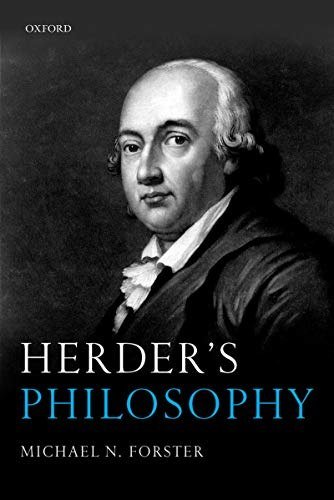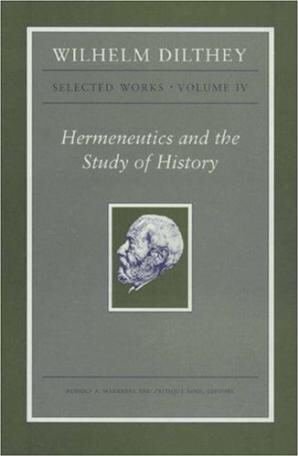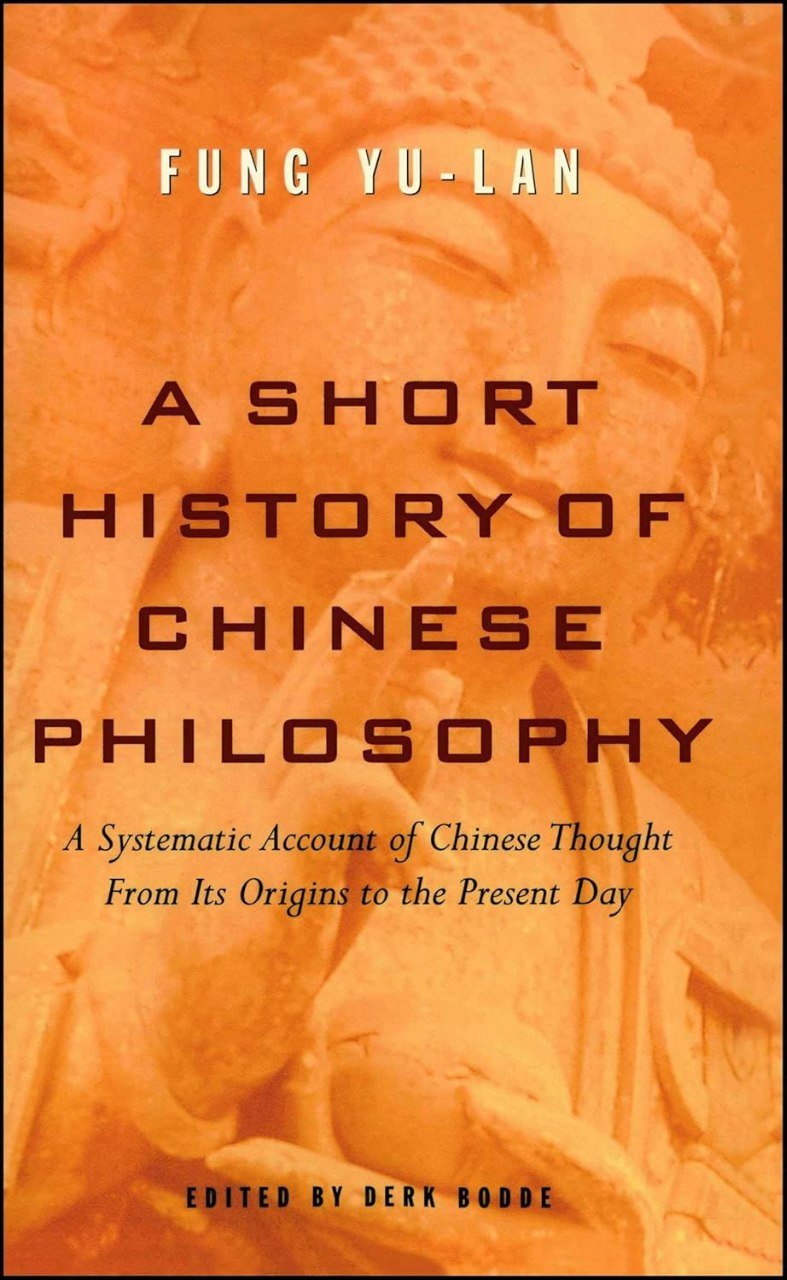

Gothic Tales by Elizabeth Gaskell
Reviews
No review yet. Be the first to review this book!
Description
"Gothic Tales" by Elizabeth Gaskell is a collection of eerie, suspenseful, and psychologically complex short stories that reflect Gaskell's distinctive contribution to the Gothic tradition. Known primarily for her social novels like North and South and Cranford, Gaskell also explored darker themes in these Gothic tales, blending supernatural elements with social commentary, moral dilemmas, and deep psychological insight. The stories in this collection were largely written between the 1850s and 1860s, during the Victorian era's heightened interest in the supernatural and the uncanny. However, Gaskell's Gothic differs from the sensationalism typical of the genre. Instead of relying solely on horror and the grotesque, she often grounds her tales in realistic settings and everyday experiences, making the intrusion of the supernatural all the more unsettling. Among the most notable stories in Gothic Tales is "The Old Nurse's Story," considered one of the finest ghost stories of the Victorian era. It tells the haunting tale of a young orphaned girl and her nurse, who come to live in a cold, decaying mansion filled with tragic secrets and ghostly apparitions. The story masterfully weaves themes of guilt, family secrets, and retribution into its chilling narrative. Another standout, "Lois the Witch," is less overtly supernatural but deeply disturbing. It is set during the Salem witch trials and explores how mass hysteria, religious fanaticism, and fear of the unknown can lead to tragic consequences. In this tale, Gaskell portrays psychological terror and moral panic rather than actual witchcraft, using the Gothic to critique historical injustice and social oppression. "The Grey Woman" is a suspenseful narrative about a woman trapped in an abusive marriage who must escape her violent husband. While not a ghost story, it evokes a Gothic atmosphere through themes of entrapment, pursuit, and hidden identities, reflecting Gaskell's interest in women's experiences and social constraints. Throughout the collection, Gaskell uses the Gothic mode not only to entertain but also to delve into deeper issues like class injustice, women's oppression, religious intolerance, and the power of superstition over rational thought. Her characters are often caught between rational explanations and terrifying mysteries, mirroring Victorian society's struggle between faith in reason and fear of the unknown. "Gothic Tales" by Elizabeth Gaskell demonstrates how the Gothic genre can be a vehicle for both spine-chilling entertainment and serious social critique. Her subtle, psychologically rich approach to Gothic storytelling makes these tales enduring classics, blending fear with empathy and moral complexity. The collection remains an essential read for fans of Victorian literature, Gothic fiction, and those interested in the intersection of horror and social commentary.









 May 03, 2025
May 03, 2025
















.jpg)


.jpeg)










.jpeg)

.jpg)


.jpg)









.jpg)
.jpg)









.jpeg)






.jpeg)



.jpg)



.jpg)

.png)
.jpeg)


.jpg)
















































